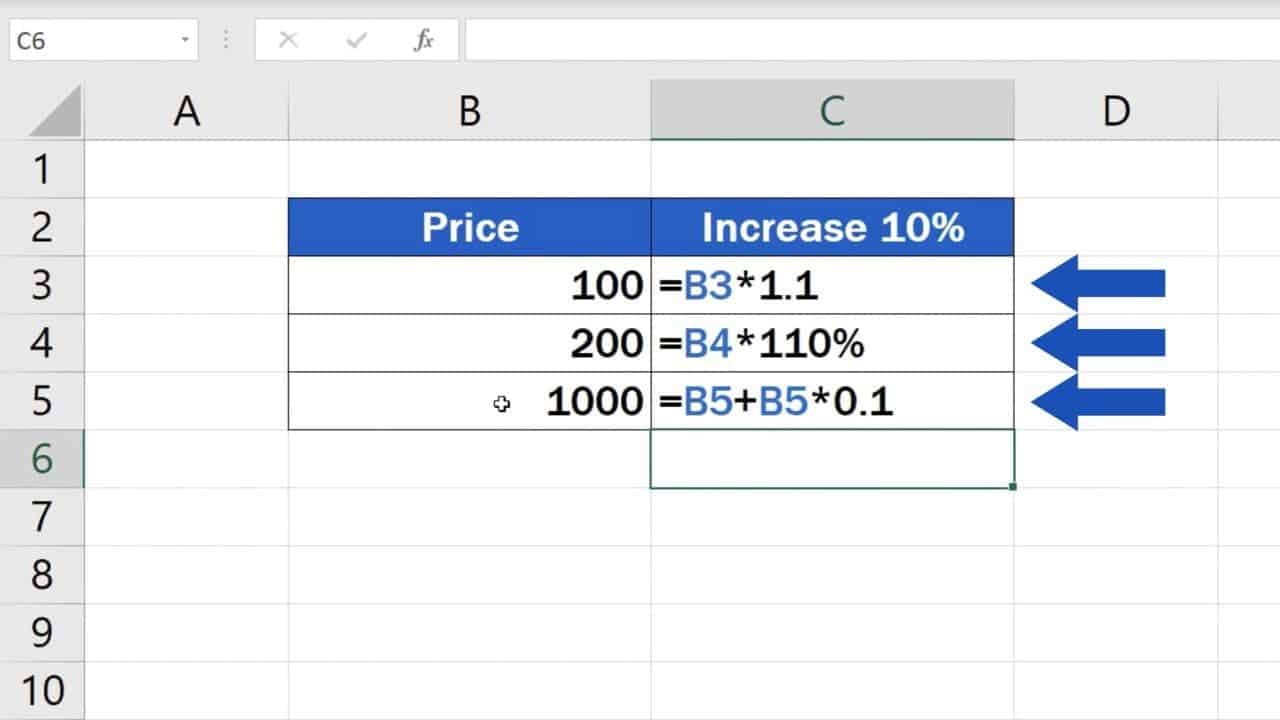Have you ever wondered how to calculate percentage strength? It’s an important concept in many industries, including pharmaceuticals and finance. Understanding how to calculate percentage strength can help you make informed decisions and ensure you’re using the right measurements in your calculations.
Calculating percentage strength can be a pain point for many people, especially if they aren’t familiar with the formula or terminology. It’s important to have a solid understanding of the concept, as the wrong measurements can lead to costly mistakes or incorrect dosages in pharmaceuticals.
The formula for calculating percentage strength is relatively simple. You need to know the concentration of the solute in the solution, as well as the total volume of the solution. From there, you can use the formula:
Percentage strength = (concentration of solute / total volume of solution) x 100%
It’s important to pay attention to the units of measurement you’re using, as they can affect the accuracy of your calculations. For example, if you use milliliters instead of liters for the total volume of solution, your percentage strength calculation will be off.
In summary, calculating percentage strength is an important concept to understand in industries such as pharmaceuticals and finance. It involves determining the concentration of a solute in a solution and the total volume of the solution, and using a simple formula to calculate the percentage strength.
How to Calculate Percentage Strength in More Detail:
When I first started working in the pharmaceutical industry, I struggled to understand the concept of percentage strength. I had a basic understanding of the formula, but I wasn’t sure how it actually applied to the drugs we were producing.
One of the key things I learned is that percentage strength can vary depending on the specific drug and the desired effect. For example, a drug with a low percentage strength might be used for mild pain relief, while a drug with a higher percentage strength might be used for more severe pain relief.
It’s also important to understand the different units of measurement used in pharmaceuticals. For example, concentration of solute might be measured in grams per liter (g/L) or milligrams per milliliter (mg/mL), while total volume of solution might be measured in liters (L) or milliliters (mL).

Calculating Ratio Strength:
Another important concept to understand when it comes to calculating percentage strength is ratio strength. This involves determining the ratio of solute to solvent in a solution. Ratio strength is often used in the manufacturing and packaging of drugs, as it allows for precise dosing and consistency.
To calculate ratio strength, you need to know the amount of solute and solvent in the solution. From there, you can use the formula:
Ratio strength = amount of solute / amount of solvent
It’s important to check the ratio strength of a given pharmaceutical preparation to ensure that it matches the desired dosage and strength. This can prevent dangerous overdoses or ineffective treatment.

Converting Ratio Strength to Percentage Concentration:
If you know the ratio strength of a given pharmaceutical preparation, you can convert it to percentage concentration using the formula:
Percentage concentration = (ratio strength / (ratio strength + 1)) x 100%
This formula allows you to determine the percentage of the total solution that is made up of the solute. It’s useful for ensuring that a solution has the desired strength and concentration for a given use.

Personal Experience:
When I first started working at a pharmacy, I struggled to understand the difference between percentage strength and ratio strength. One of my coworkers took the time to explain it to me, and it made a big difference in my understanding of the different drugs we were selling.
Commonly Asked Questions About How to Calculate Percentage Strength:
Q: What is percentage strength used for?
A: Percentage strength is used in many different industries, including pharmaceuticals, finance, and manufacturing, to determine the concentration of a solute in a solution.
Q: How do I know if I’ve calculated percentage strength correctly?
A: Double-check your units of measurement and make sure you’ve used the correct formula. You can also verify your calculations with a coworker or supervisor.
Q: Can I use different units of measurement for percentage strength?
A: No, it’s important to use the same units of measurement for both the concentration of solute and the total volume of solution in order to get an accurate calculation.
Q: How does ratio strength differ from percentage strength?
A: Ratio strength involves determining the ratio of solute to solvent in a solution, while percentage strength involves determining the concentration of solute in a solution as a percentage of the total volume.
Conclusion of How to Calculate Percentage Strength:
Understanding how to calculate percentage strength is an important concept to master in many different industries. By knowing the formula and the correct units of measurement, you can make accurate calculations and ensure that you’re using the correct dosage or concentration for your needs.
Gallery
How To Calculate Percentage Increase In Excel

Photo Credit by: bing.com / calculate easyclickacademy umemaro formulas mentioned
Converting Ratio Strength To Percentage Concentration

Photo Credit by: bing.com / strength ratio percentage concentration converting
Calculating The Ratio Strength Of A Given Pharmaceutical Preparation

Photo Credit by: bing.com / ratio calculations calculating
How To Calculate Percentage Strength – Haiper

Photo Credit by: bing.com /
Percentage Concentration Calculations – YouTube

Photo Credit by: bing.com / concentration percentage calculations